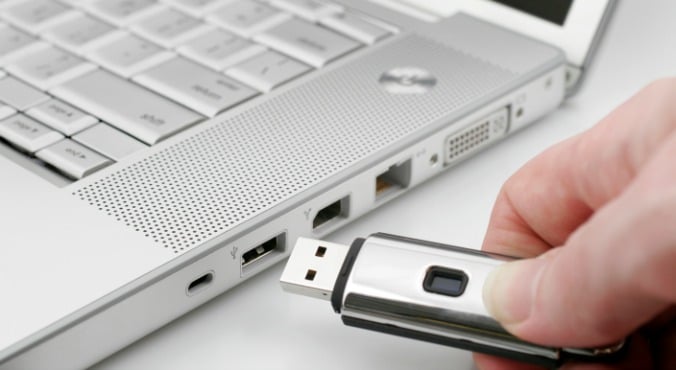
Image: supplied
Go on, you little rule breaker, admit it — you don’t always safely eject your USB stick before unceremoniously yanking it from its safe little home in the side of your computer, do you? Yeah, me either.
Deep down, you know you probably should go through this process each and every time, but sometimes you don’t have those extra 15 seconds to spare, or you just can’t be bothered. So does it really matter how you eject your USB?
RELATED: Let me introduce you to the personal trainer who lives in your computer.
Short answer: yes, it does. Yep, it might actually be worth taking note of the condescending, judgemental pop-up that alerts you to your naughty USB-ejecting ways.
The good people at Science Alert and Gizmodo have investigated the potential risks of removing your external drive without following proper procedure, and found it can cause you to lose hours (or days!) worth of data regardless of when you last saved. (Post continues after gallery.)
Characters we'd like to share an office with.
It all comes down to your computer’s operating systems, which are designed to treat external drives (that’s your USB, zip drive, etc) like they’re just a permanent fixture of the computer.
The system assumes these files will always be accessible and unless you click ‘Remove USB safely’, it has no warning that you’re about to yank out the source. This means your computer won’t bother backing anything up unless you tell it things are about to change.

